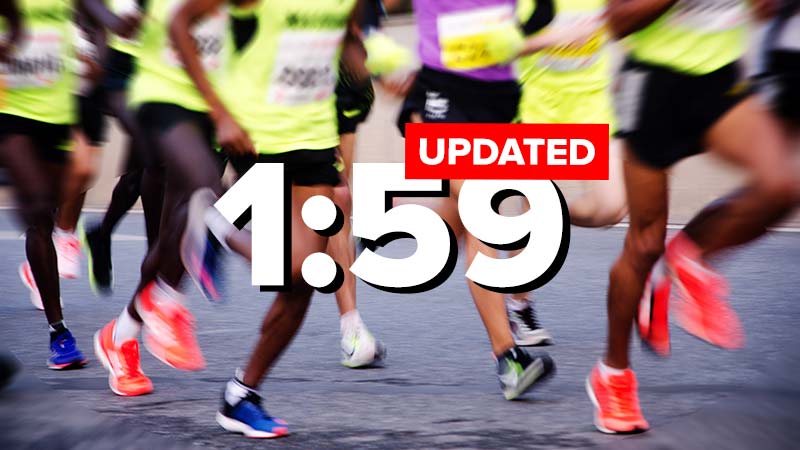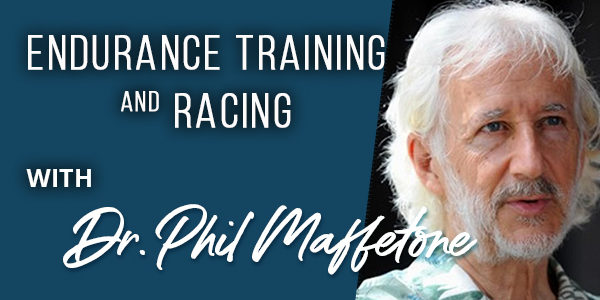
Ten ways YOU can get faster for real
Among the top fake news stories this week, a Kenyan man was celebrated for breaking the two-hour mark in the marathon. Not to take anything away from Eliud Kipchoge — obviously a tremendous athlete who did run 4:34 pace for 26.2 miles — but the race will not count as an official marathon record with the International Association of Athletics Federations.
Why? Because it was held on a closed course, using an electric pace car with a lighted clock, and a field of about 41 rotating “rabbits” — runners who are just there to help the designated record-breaker keep the pace. These rotating 41 world-class runners also broke the wind in a V-formation, allowing Kipchoge to draft off them. They even used laser beams from the pace car to keep Kipchoge’s pacers in the most wind-efficient formation for him to draft.
It’s reminiscent of cyclists setting land-speed records with pace vehicles on the Bonneville Salt Flats. Just last year a woman went 183.9 mph on a bicycle in this manner but this qualifies as more of a stunt than an official sports benchmark.
It’s only the latest in a series of marketing and gaming gimmicks built around the eventuality that someone will someday soon run an official sub-two-hour marathon. Because it will happen. It’s just a matter of who will do it and when.
For 22 years I’ve been predicting someone will break the official IAAF-sanctioned two-hour barrier for the marathon. Even wrote a book about it and mused that it could happen at the Boston Marathon.
The sponsor of this latest made-for-media event is INEOS — one of the world’s largest producers of chemicals, oil and gas. This is one of the big problems with the 1:59 agenda: Big money got in the way. Last time it was Nike that in 2017 made a media splash with its “Breaking2” event which fell short of the mark but got the company millions worth of free advertising for its new shoes in the process. Kipchoge ran 2:00:25 in that unreality show.
The larger question actually is, who cares? What does a sub-two-hour marathon mean for most people wanting to get in better shape, or run a better 5K, 10K or marathon themselves? It means nothing. While elite marathon times get faster, and stunts like this serve as unofficial outliers, the average finish time for marathoners in the United States continues to get slower, with most finishers barely cracking four hours.
What can you do to improve? If you are as unimpressed with this ridiculously artificial 1:59 marathon as I am, but want to improve personally, the best thing you can do is improve your health, nutrition and training. That is, unless you have 41 super-fast friends, a laser-outfitted electric car and your own 26.2-mile course. And of course a pile of money.
Here are some articles to help you on your way to your own personal best:
MAF 180: Personalizing exercise heart rate
5KM race prediction from submax performance tests
Original Research: Marathon race prediction
Carbohydrate Intolerance – Its Implications in Health and Fitness
Rethinking the roles of carbohydrates and fats for performance








